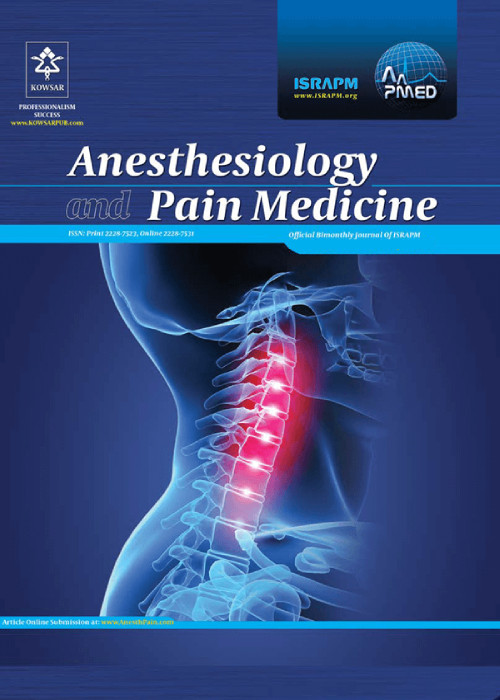Pain Management and Sociology Implications: The Sociomedical Problem of Pain Clinic Staff Harassment Caused by Chronic Pain Patients
Patients with chronic pain often experience psychological issues. They may also exhibit harassing behaviors toward healthcare staff. This complex sociomedical issue necessitates increased attention.
This study analyzed incidents of staff harassment caused by chronic pain patients. It examined the characteristics of chronic pain patients who harassed clinic staff, as well as the causative or associated factors. The study also explored the management and outcomes of these harassment incidents.
This prospective observational study involved 1102 chronic pain patients who received treatment at a pain clinic. Data were prospectively collected on patients' gender, age, ethnicity, occupation, injury insurance claims, and incidents of staff harassment caused by patients.
Pain clinic staff were harassed by 121 patients (11 %). Among the harassers, females constituted 70.2 % and males 29.8 %. Additionally, 50.4 % of the harassers were unemployed, with unemployed patients causing more staff harassments (P = 0.001). A significant portion, 86 %, of the harassers had injury insurance claims and were associated with a higher incidence of staff harassments (P = 0.002). Patients making disability insurance claims also caused more staff harassments (P = 0.001). Among the harassers, 50.4 % demanded higher drug doses, and 50 % did not have regular primary healthcare providers. The types of harassment included insults (34.7 %), threats (19.8 %), retaliations (3.3 %), and sexual harassment (42.2 %). All cases of sexual harassment were addressed; the patients involved were counseled. Most harassment incidents were resolved through tactful communication. Of the harassers, 9.9 % were discharged from the clinic.
Harassment of pain clinic staff by chronic pain patients is significant. This sociomedical issue may be worsening due to factors such as opioid misuse, racism, the pandemic, and socioeconomic challenges. While most chronic pain patients are reasonable, some can be challenging. This study confirmed that the majority of patients who harassed staff were female, unemployed, had made injury insurance claims, and demanded higher drug doses. Abusive patients should receive anxiolytic therapy, behavioral boundaries, counseling, distraction therapy, and empathy. Pain clinics should implement staff training and support programs to protect staff from harassment. Additionally, pain clinicians should establish peer support networks to mitigate the psychological impacts of patient aggression and maintain professional well-being.
- حق عضویت دریافتی صرف حمایت از نشریات عضو و نگهداری، تکمیل و توسعه مگیران میشود.
- پرداخت حق اشتراک و دانلود مقالات اجازه بازنشر آن در سایر رسانههای چاپی و دیجیتال را به کاربر نمیدهد.


